SFIA Framework, Career Skills and Accessible Software Programs
VerifiedAdded on 2023/05/29
|5
|884
|91
Homework Assignment
AI Summary
This assignment provides an overview of the Skills Framework for the Information Age (SFIA) and its importance to ICT professionals, detailing how it aids in career planning, skill identification, and recruitment. It discusses how to adapt a resume to align with SFIA, emphasizing accountability, planning, communication, and specific professional skills. The assignment also assesses generic skills using the SFIA framework, explaining different levels of responsibility. Furthermore, it addresses software development for diverse clients, including the blind and those with limited hand coordination, focusing on audio-driven and tangible interfaces. Finally, it covers environmental considerations in ICT, such as proper disposal and recycling of equipment, energy conservation, and the use of environment-friendly devices, differentiating between processes and projects in ICT contexts, with examples like computer building, house construction, and software upgrades.
1 out of 5
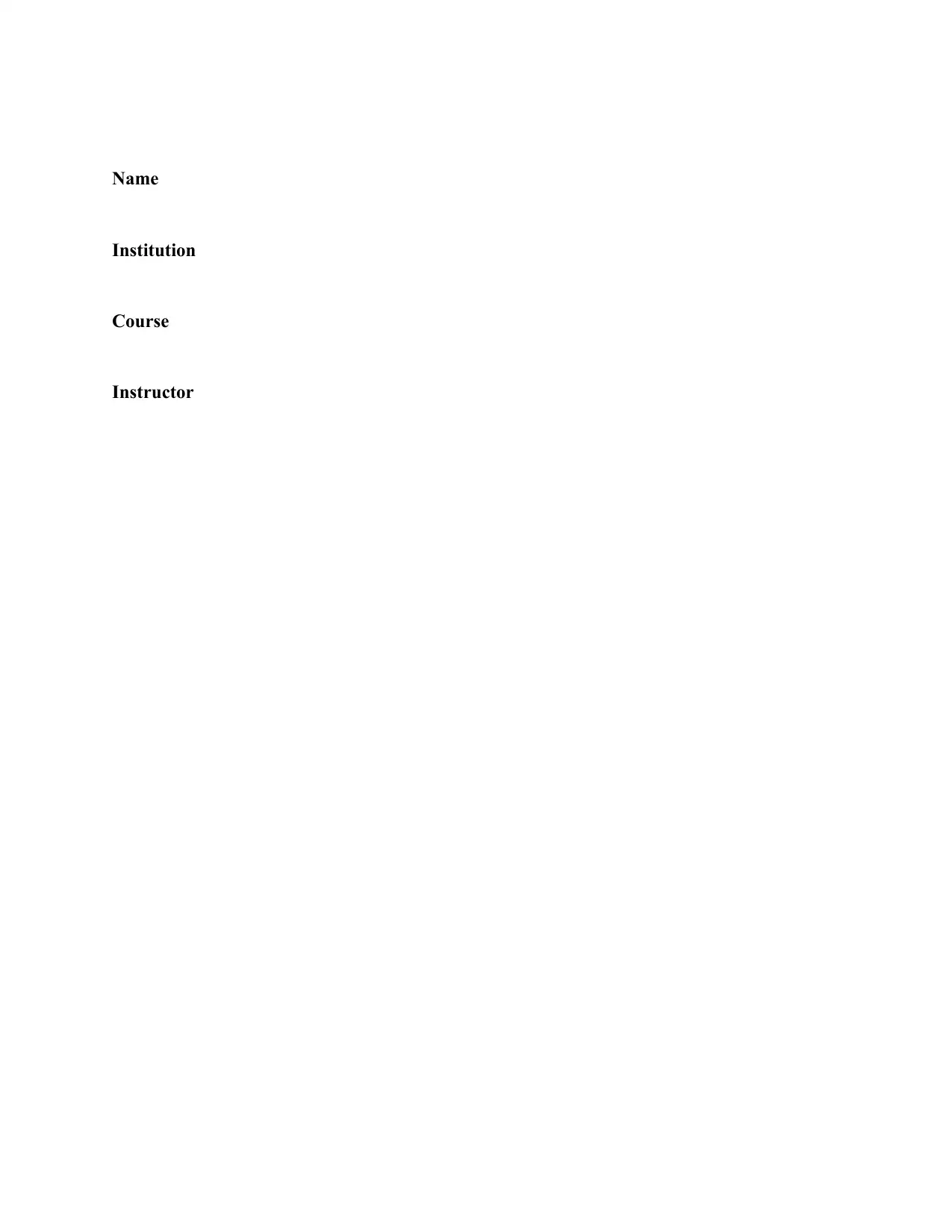
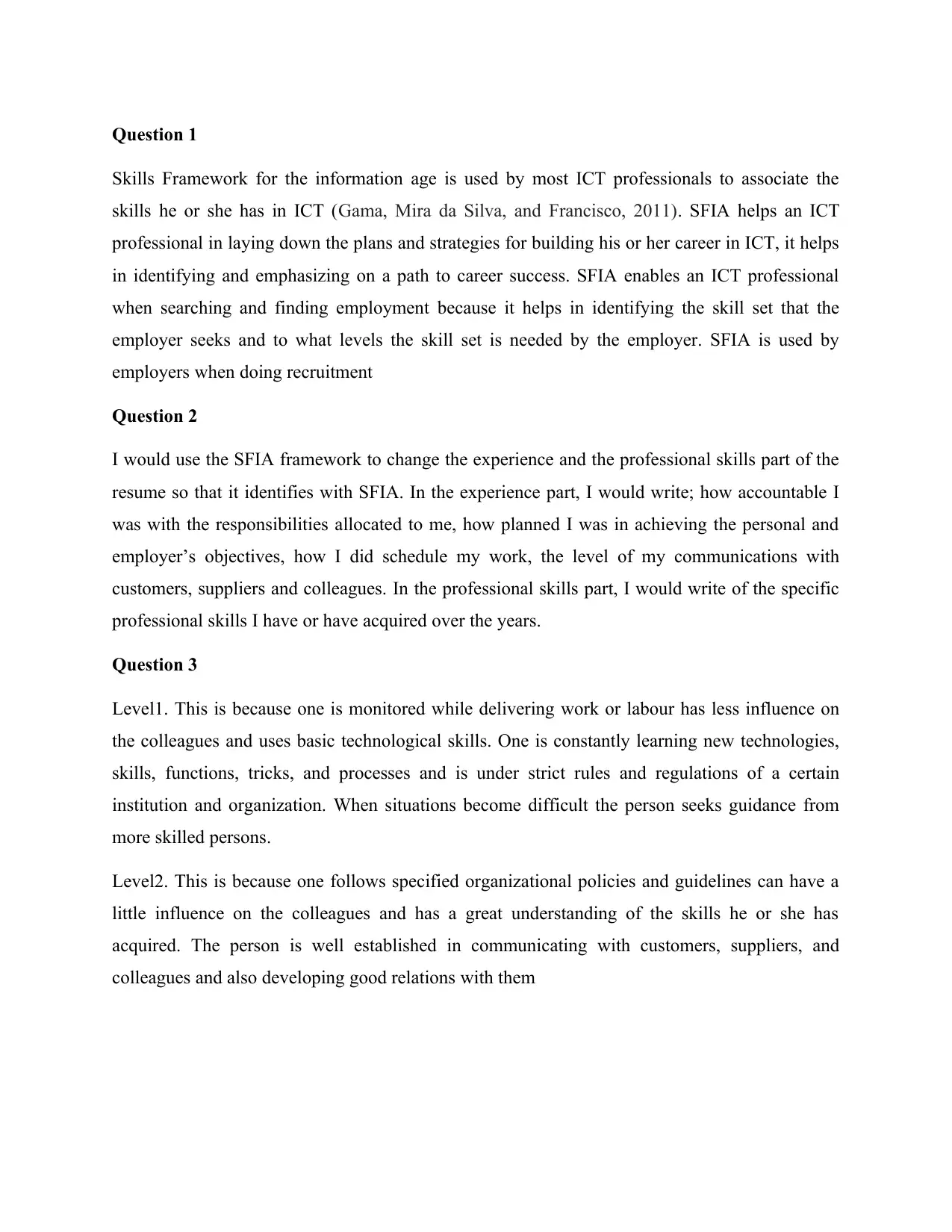
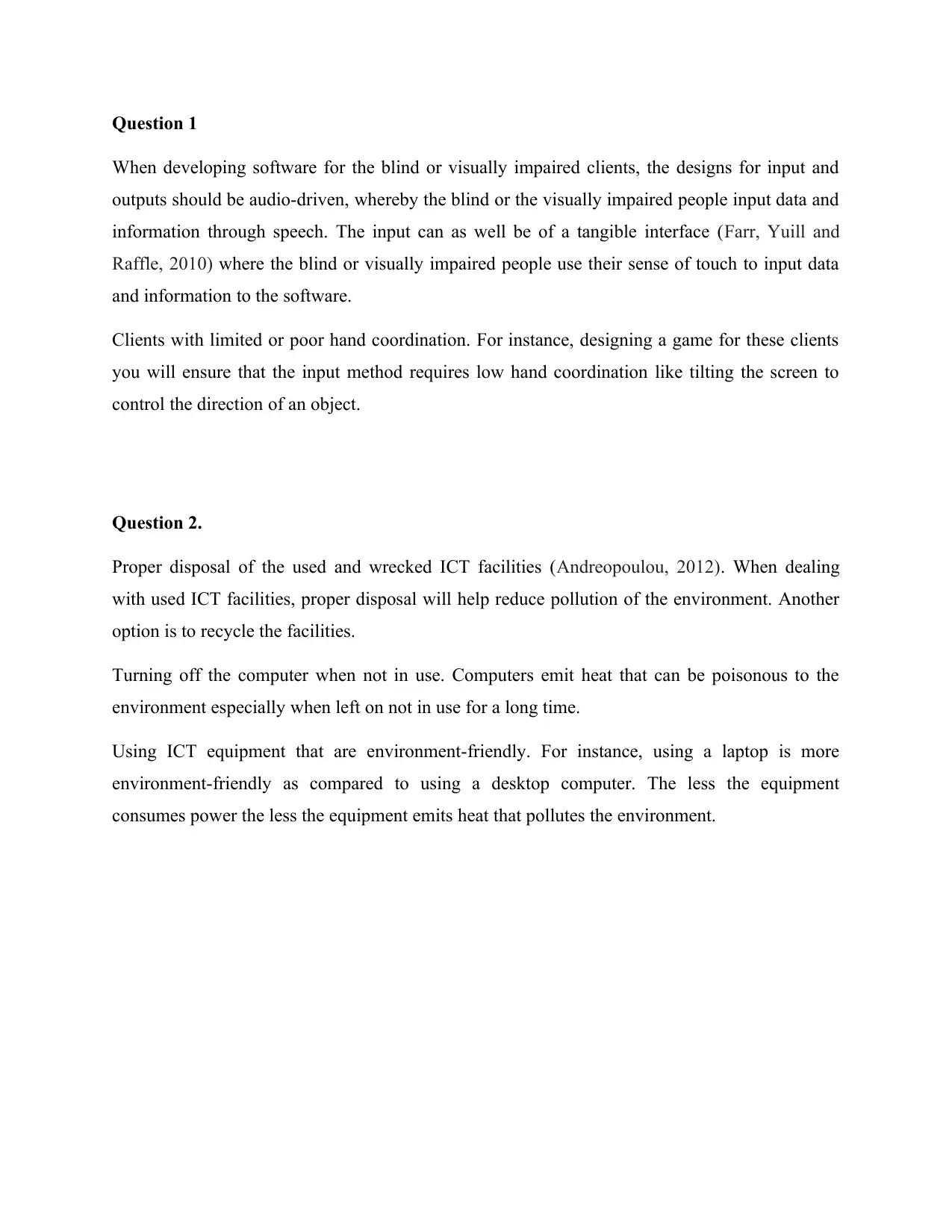

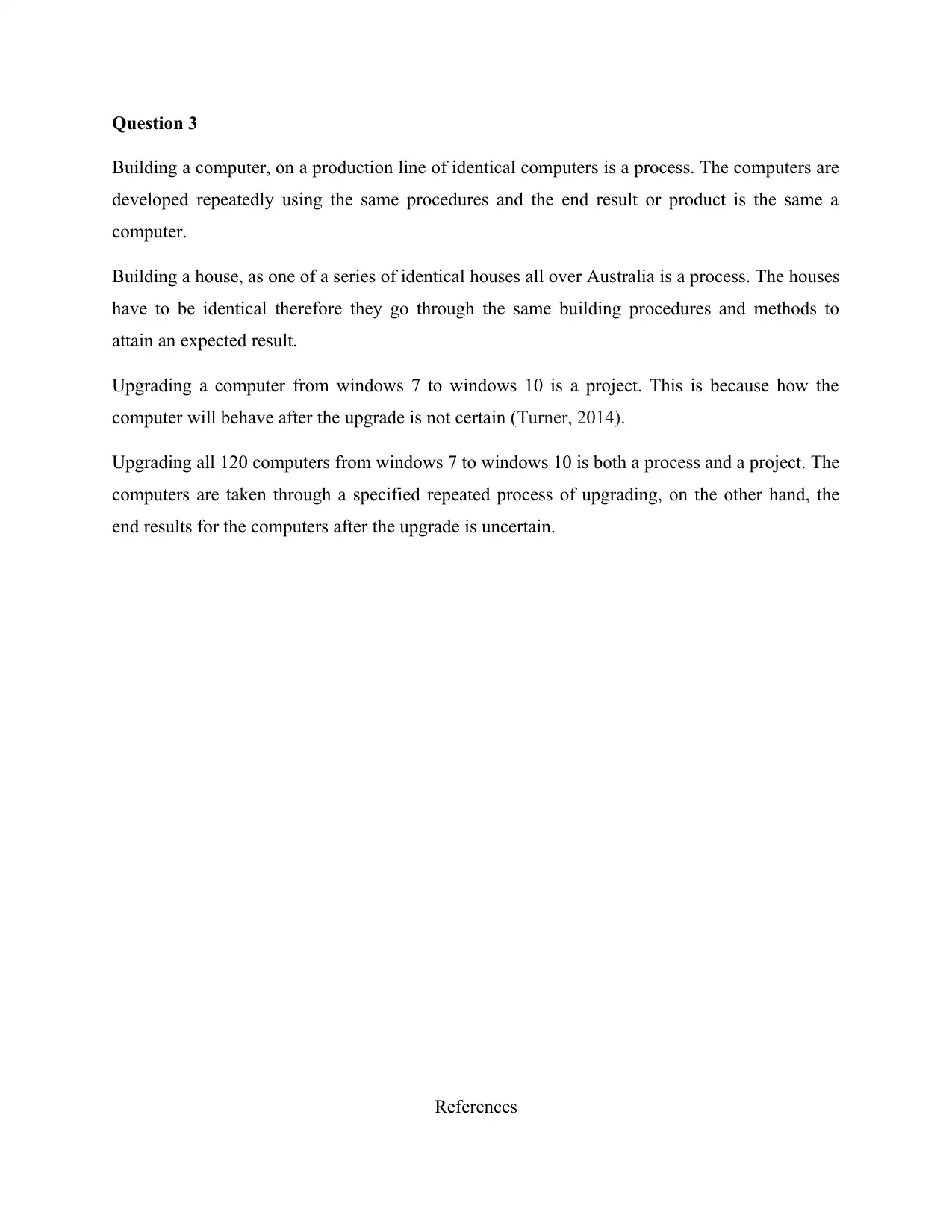
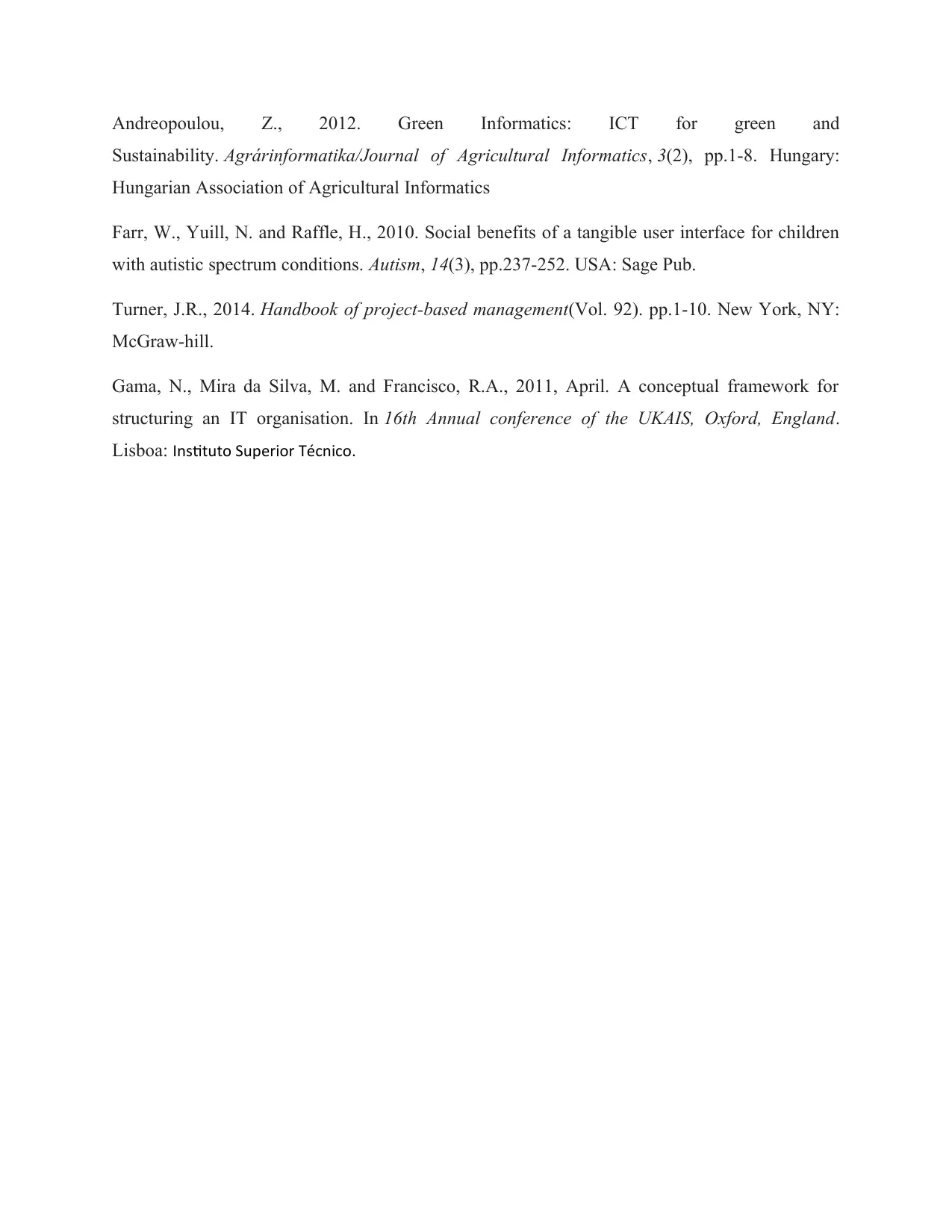






![[object Object]](/_next/static/media/star-bottom.7253800d.svg)